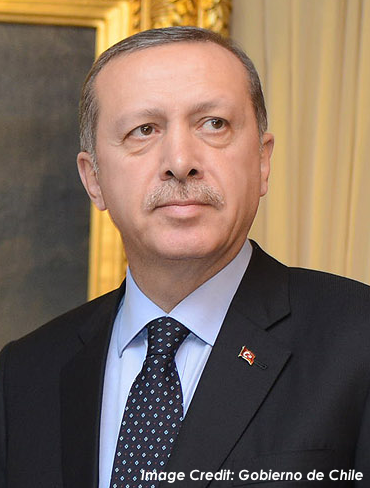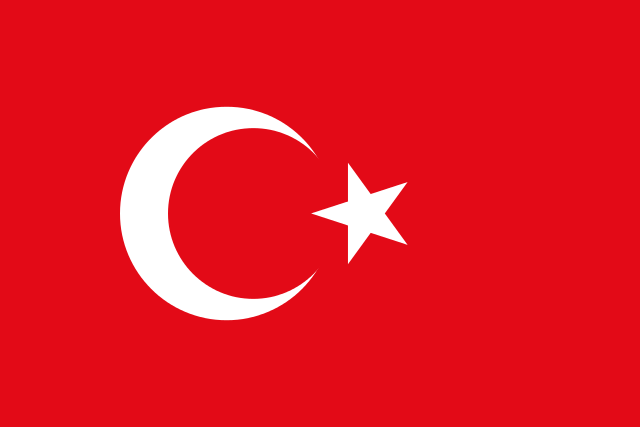In a complex and probably ill-conceived gambit that I barely can follow, the leading national Kurdish political party in Turkey (the HDP, founded in 2012) will attempt to contest the June parliamentary elections as a single slate. They will pursue the slate option over Kurdish groups’ usual choice of running all parliamentary candidates as independents to qualify for seats reserved for non-party candidates.
The latter move was the course of action the party’s antecedents previously used in most national elections to skirt the country’s 10% national vote representation threshold for parties, which they have generally been (and continue to be) unlikely to achieve. So what prompted the decision to take the riskier move of running as a party and what might happen if it fails?
If the party manages to scrape past 10%, Kurds will have many more seats in Turkey’s parliament than at present, under a unified banner, and would be somewhat more influential. If they fail to reach 10%, even just barely, Kurdish representation in the national parliament will collapse — possibly to zero members — while handing as many as 50 extra seats to the ruling AK Party. This will have the double-whammy effect of giving the AKP enough seats to amend the constitution into an authoritarian executive system without needing multi-party support to do so. It will also conclusively demonstrate that Kurds have no voice in Turkish democracy.
At first glance, that would appear to be a devastating blow. But the plan comes with a silver lining that unfolds if the HDP implodes through a failed effort to reach 10% as a unit this year. The hardliner wing of Kurdish politics (i.e. the PKK militants instead of the pro-diplomacy HDP politicians) will see both ensuing results (no Kurdish representation and an authoritarian constitution) as openly validating the need for violent resistance (in an already heated pre-election environment). Ordinary Kurdish civilians will bear the brunt of the ensuing damage.
However, by wiping out the HDP in the national elections, their sister party DBP — which only contests local and regional elections — will suddenly become the leading political face of democratic Kurdish politics. DBP is currently the Kurdish equivalent in Turkey of Scotland’s SNP pre-2014 in the United Kingdom: A leftist party mostly focusing on regional-level politics but pro-separatist, which the nationwide left-leaning parties can’t endorse. That means the DBP’s rise to the face of Kurdish politics in Turkey in the aftermath of the HDP’s expected fall will also fuel political dysfunction to the benefit of the PKK hardliners. But, at the same time, the DBP will also remain a potential legal negotiating partner at the sub-national level, possibly for independence or substantial autonomy, if the Turkish government decides to come around on that.
And the only way that such a complex and Machiavellian scheme with “victory” scenarios from all outcomes (including crushing defeat) is possible is that all of these groups (the HD Party, the DB Party, and the PKK) are controlled by and following the orders of one man: Abdullah Ocalan. Now it remains to be seen which moves unfold in his elaborate chess game.
In the end of course, it might just be a plain old disaster rather than a clever scheme.
This post was transferred from G+ and edited for clarity.






